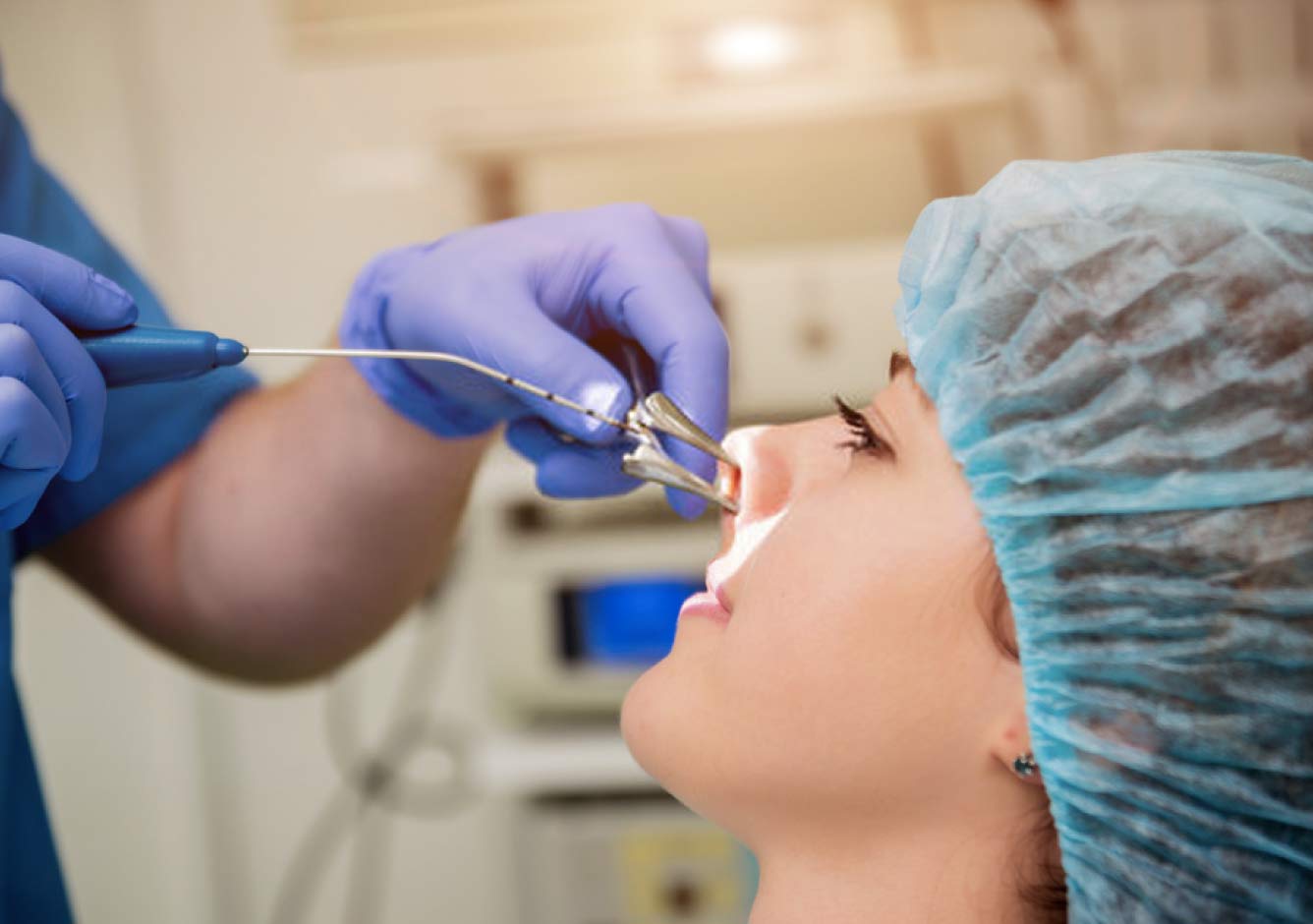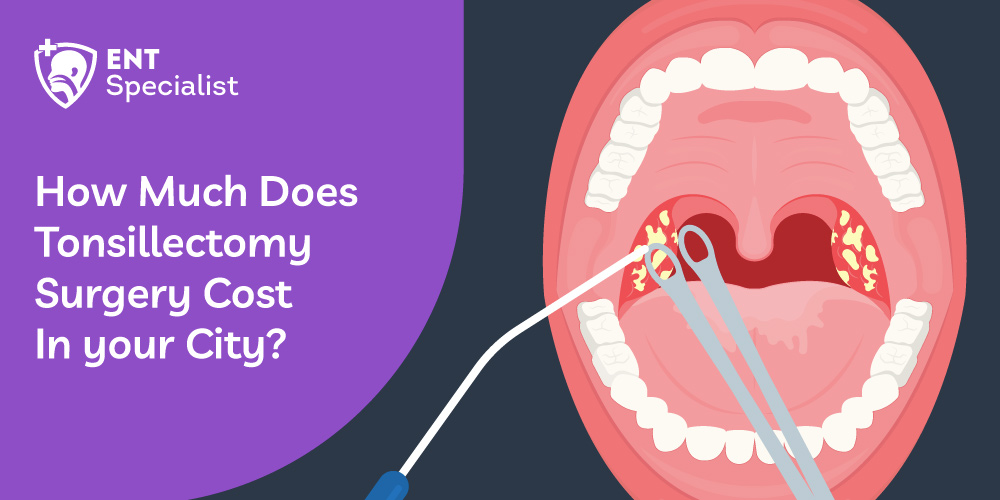How to prepare for FESS surgery?
Your ENT doctor or the healthcare facility usually provides a set of instructions to help you prepare for the surgery and avoid complications during the procedure. Here are some instructions that can help you prepare for FESS surgery.
- Do not eat or drink 8 to 9 hours prior to the surgery. This means you may have to skip your dinner or refrain from eating anything after midnight before the day of surgery.
- Inform your doctor of any ongoing medications or health conditions before the surgery. You may consult the ENT doctor before taking any medications for diabetes, sugar, etc., prior to the surgery.
- Wear loose clothes to avoid injury to the surgical site. It is important to refrain from wearing make-up or other ornaments before the procedure.
- Consult the ENT doctor if you have to take any medications before the surgery with minimal water. An empty stomach will enable the anesthesiologists to put you to sleep safely.
What to expect after FESS?
- Expect to spend a few hours in the recovery room after the surgery. The ENT doctor will monitor your recovery and prescribe your medications. However, most patients may feel healthy enough to go home a few hours after surgery.
- You may experience minimal bleeding, which is normal after the FESS surgery. Mild bleeding may subside after the first day.
- The patient may feel slight pain, including some nasal pressure, for the first several days. You can ask your ENT doctor for any medications to reduce the pain and discomfort after the surgery.
- The patients often feel very fatigued for the first week after the surgery. This is quite normal, and they are often advised to take a week off of their work or school before the surgery.
Questions to ask your ENT doctor?
- Will the shape of my nose change after the surgery?
- Do I require septoplasty and FESS together?
- Is my sinusitis condition acute or chronic?
- Are there any alternative treatments for FESS?
- Will I need another surgery after FESS?
- What are the post-recovery dietary restrictions after FESS?
- I have other health conditions. How can I effectively manage them together?
How can you prevent chronic sinus infections?
- Avoid respiratory infections – Patients must avoid contact with individuals who are already suffering from cold or respiratory infections. It is also crucial to inculcate the habit of frequently washing your hand with soap and water before meals.
- Watch out for your allergies – Patients must avoid certain elements that can often lead to seasonal allergies, sinuses, and other respiratory infections. Consult with your ENT doctor for several remedies to minimize the symptoms of respiratory infections.
- Avoid exposure to polluted air – Frequent exposure to contaminated air or cigarette smoke that can irritate and inflame the lungs and nasal passages. Therefore, preventing exposure to polluted air, dust, etc., can prevent several respiratory disorders.
- Using humidifier – Humidifiers keep your surrounding air purified and free of any impurities. A good quality humidifier ensures breathable quality air to prevent certain elements that can cause nasal congestion. However, make sure your air purifier is free of mold and cleaned thoroughly regularly.
Book an appointment with the top ENT specialist today!
You can fill out the appointment form on our website with your details. Our staff will get in touch with you at the earliest and gather necessary inputs from your end. An appointment will be fixed with the consecutive ENT specialist according to your schedule, and a nominal consultation fee will be charged.





